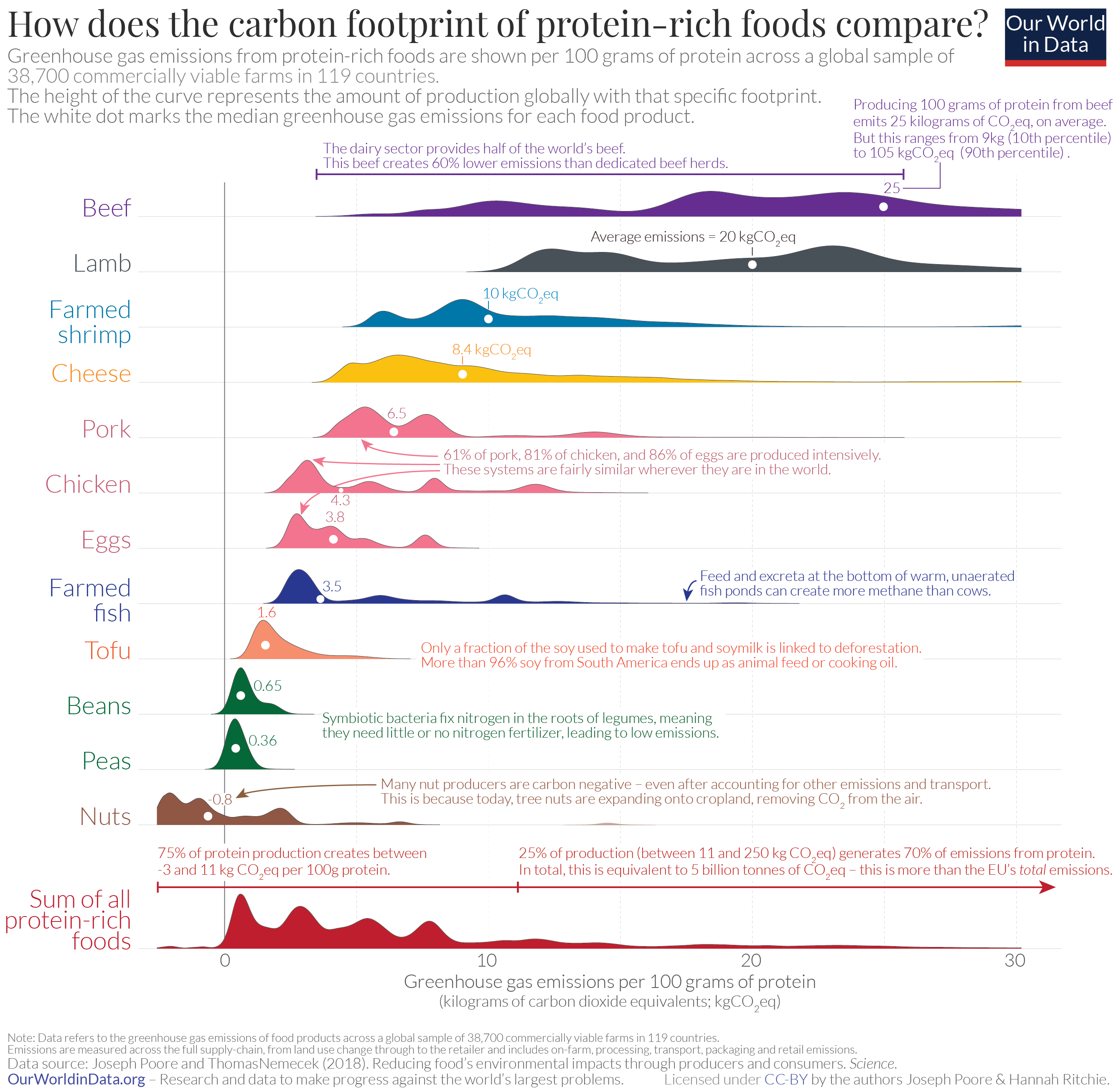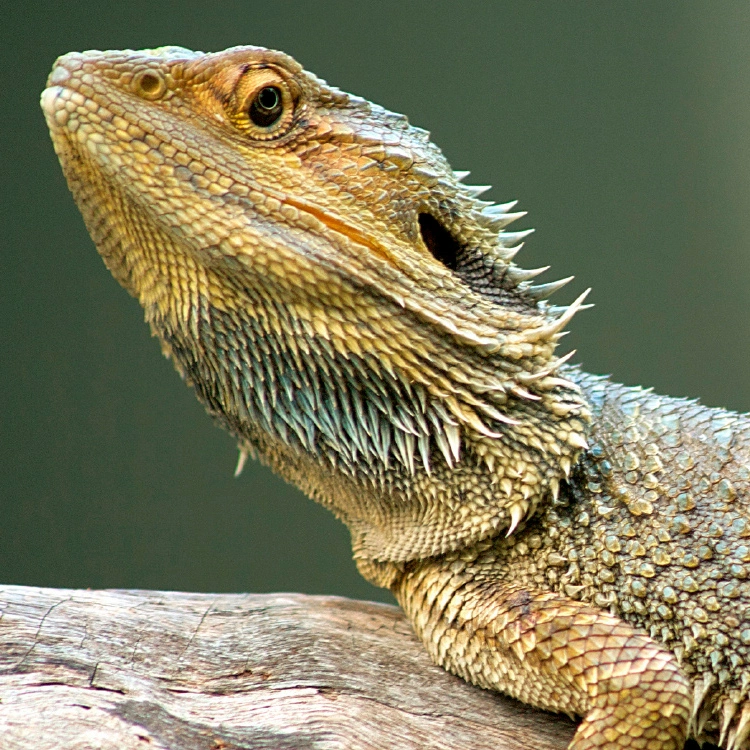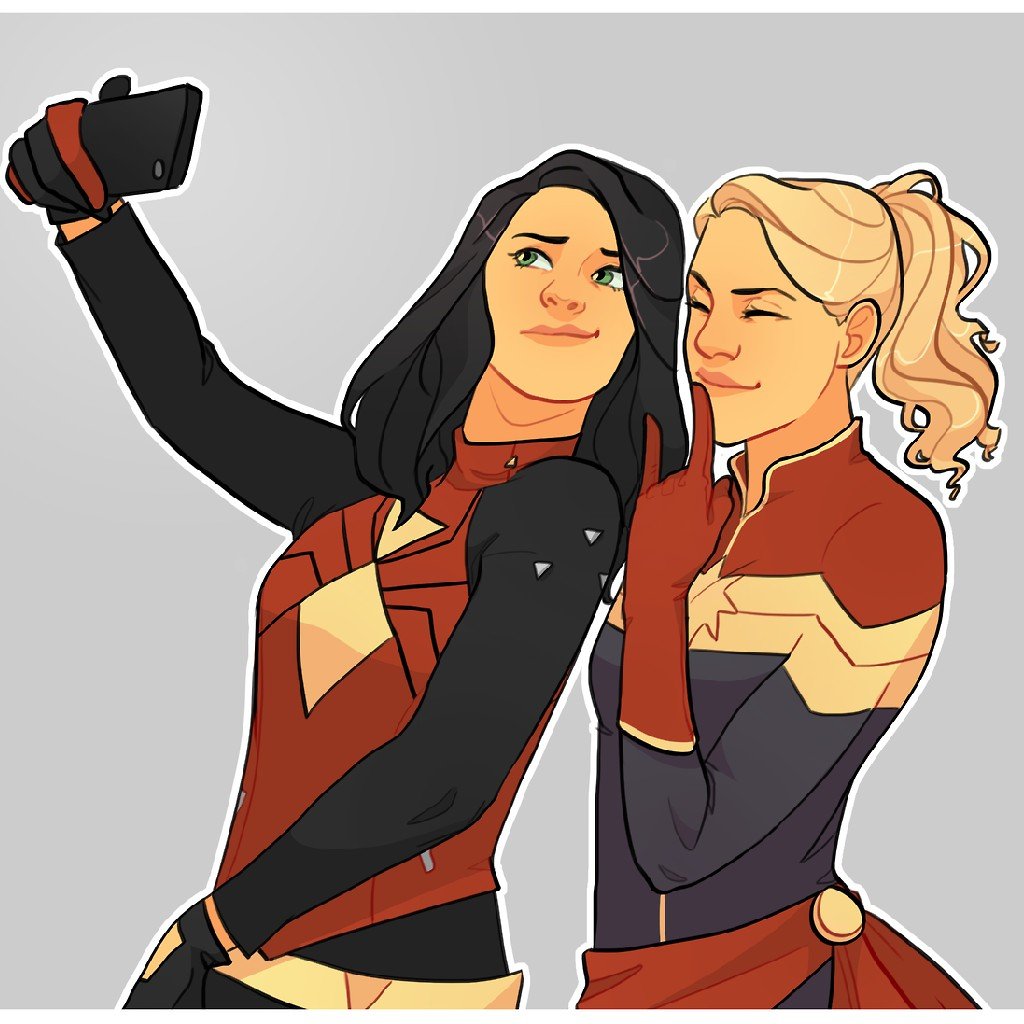As always, the cruelty is the point.
The fact is, most animals in our food system live under dismal conditions, and the pitifully low bar for their treatment was set in directives from the same industry’s leaders who today are so upset about being vilified. “Forget the pig is an animal—treat him just like a machine in a factory,” recommended Hog Farm Managementin 1976. Two years later, National Hog Farmer advised: “The breeding sow should be thought of, and treated as, a valuable piece of machinery whose function is to pump out baby pigs like a sausage machine.”
And farmers, eager to squeeze every dollar from their crops, complied. Today, nearly 5 million of these smart, social animals (representing over 80 percent of all sows in pork production) are confined to tiny gestation crates—cages so narrow the animals can’t even turn around. They spend their lives lined up like cars in a parking lot, barely able to move an inch and driven insane from the extreme deprivation
I went vegetarian this year (vegan when it’s possible) mostly because of the horrors of factory farming. I could not continue to participate in such a horrific system anymore.
We don’t eat cats or dogs, so why is it okay to eat other animals? They all have thoughts and feelings.
I’m also returning to a more plant based diet in part because of animal cruelty but also because creating demand for plant based meat alternatives could potentially reduce the need for agricultural land use by ~70%. But not all animal production has the same impact on climate change: just cutting out beef and eating more nuts will help.

Ideally, pasture-raised and kosher or halal meats would be more (at all) prevalent. That’s what ethical meat consumption looks like.
Alternately, lab grown.
Grass-fed production doesn’t really scale, so there’s not much way around consumption changes here. It also comes with a side effect of raising methane emissions
We model a nationwide transition [in the US] from grain- to grass-finishing systems using demographics of present-day beef cattle. In order to produce the same quantity of beef as the present-day system, we find that a nationwide shift to exclusively grass-fed beef would require increasing the national cattle herd from 77 to 100 million cattle, an increase of 30%. We also find that the current pastureland grass resource can support only 27% of the current beef supply (27 million cattle), an amount 30% smaller than prior estimates
[…]
If beef consumption is not reduced and is instead satisfied by greater imports of grass-fed beef, a switch to purely grass-fed systems would likely result in higher environmental costs, including higher overall methane emissions. Thus, only reductions in beef consumption can guarantee reductions in the environmental impact of US food systems.
Taken together, an exclusively grass-fed beef cattle herd would raise the United States’ total methane emissions by approximately 8%.
https://iopscience.iop.org/article/10.1088/1748-9326/aad401/pdf
To be fair, pasture raised is more expensive, so people would eat less beef. I don’t think it’s fair to talk about scaling current consumption.
You say that, but it’s not really just about grass-feeding. Cows are already fed almost 90% inedible crop materials that would be getting disposed of anyway. We could be doing better, but cattle’s food source is sorta the wrong focus.
And as much methane is in manure, it’s better for the environment (including GHG) than synthetic fertilizers.
The real answer is changing our meat/vegetable balance AND improve the process AND continue to improve humane regulations (and those 3 goals often synergize with each other).
The % that’s edible is not as relevant as the fact that it still takes much more human-edible feed
1 kg of meat requires 2.8 kg of human-edible feed for ruminants and 3.2 for monogastrics
https://www.sciencedirect.com/science/article/abs/pii/S2211912416300013
Synthetic fertilizer usage is greatly reduced by eating plants directly even compared to the best-case use of animal manure
Thus, shifting from animal to plant sources of protein can substantially reduce fertilizer requirements, even with maximal use of animal manure
https://www.sciencedirect.com/science/article/abs/pii/S0921344922006528
The % that’s edible is not as relevant as the fact that it still takes much more human-edible feed
Not really. Definitely not if you consider the nutritional quality of the meat. And that’s beef, the worst example. (Feed to meat conversion from 6x to 25x, the higher number generally for free-range). Chickens are only x2 in ideal situations (closer to 5x when free-range since their calorie intake is not as well-managed). And from a health viewpoint, 100kcal of chicken is a better-balanced calorie than 200kcal of feed
But that is before accounting for the fact that about 165 of those feed kcals are inedible, meaning you’re trading around 35 edible kcals of corn for 100 edible kcals of chicken. Would you agree from a purely health and efficiency point of view (leaving out ethics), that 35 edible calories of a “non-nutritional grain” for 100 edible calories of a protein superfood is a pretty fair trade?
Synthetic fertilizer usage is greatly reduced by eating plants directly even compared to the best-case use of animal manure
Missed this one, so jumping back. It’s hard for me to respond because I don’t have access to the whole paper. There seem to be fairly significant issues with it, however. For one, I can’t find any corroboration that isn’t merely citing this paper. For another, I can’t find any critical responses either (the lack of them is worse than a half-decent one IMO). Nonetheless, there’s a few things I find interesting from the summary the seem to make it hard to just accept an argument using it
- The killer, to me. This paper actively presumes that all crop farms that produce crops that have inedible components that cows will eat (like corn) will pivot to 100% vegetable. But a vast majority of that crop’s output is in explicit demand and corn farms are not just going to fold up. They will start destroying their excess waste instead of reselling it as feed. That ruins his math. But he also failed to take into account what a world horticulture setup would look like that actually sustains humanity, and merely counting IFE is just not enough.
- This paper seems to claim a 65% reduction in fertilizer usage, but doesn’t account for the fact it would HAVE to primarily be synthetic fertilizer if we stopped eating cows. This is a huge problem for me because I’m an outspoken advocate of collaborative farming, to reduce the disgusting use of synthetic fertilizer by regulating and enforcing better use of manure and localization of animal farms. There’s far more than 3x as many cows in the world than can be maintained if they aren’t being consumed. He does not cite or comment on how much worse synthetic fertilizer is than manure fertilizer. And if I’m reading right, that’s his high end. It might only be more like 30%. I would rather 100 units of manure used than 70 units of synthetic fertilizer without a second thought.
And your second link… I’m not sure why you cited it. It appears to be arguing for my side, defending the figures I used. Thank you?
Why is it ideal or even ethical to kill others “kosher or halal” when we don’t have to kill in any way? How does this relate to them living in cages before?
Both kosher and halal require you to kill the animal quickly and painlessly. I’d say the pasture raised is more important, since that’s every other day of the animal’s life, but I’d like the last day to also not suck.
Is the act of killing someone who does not want to die and does not need to die ethical if painless?
Have you seen non human animals that want to die for humans to be consumed by them? https://www.youtube.com/playlist?list=PLmIqdlomtuSsJEoFi_L_pfEAPIxDRo4DB
I mean, if you’re coming at it from the point of “there is no ethical meat consumption,” then you’re right, none of this means anything. It’s a simple “don’t ever eat meat.”
In which case, kosher and halal are irrelevant. Pasture raised is still relevant because we need to discuss what ethical production of things like eggs and milk looks like.
You don’t eat dogs and cats, other cultures absolutely do and billions of people are 100% ok with eating animals. Don’t be a cultural imperialist.
Kinda missing the point, ain’t ye?
Quite the thing to claim someone else being an imperialist for not supporting this:
- How Cattle Ranchers in the West Cut Off Indigenous Water Rights
- How Industrial Meat Oppresses Indigenous People
- How Black North Carolinians pay the price for the world’s cheap bacon
- “When We’re Dead and Buried, Our Bones Will Keep Hurting” Workers’ Rights Under Threat in US Meat and Poultry Plants
- etc.
I hate to be “that guy”, but I feel like none of your references are really properly rebutting his valid point. “We don’t eat cats and dogs” is a common anti-balanced-diet dogwhistle that tries to touch on heartstrings instead of logic or even ethical behavior. You might not have meant it that way, but he was justified in pointing out the cultural bias of it.
And “cultural imperialism” is different from “literal imperialism”, but that also means your rebuttal was a gishgallop, changing the topic. I’m ASSUMING you didn’t mean to secretly change the topic to prevent losing on that previous point, but that’s what the reply looks like anyway.
The original point they made talking about how people commonly hold contradictory beliefs regarding dogs and cats compared to other animals is pointing out cultural bias. It is an appeal for logical consistency in ethical beliefs
Actually, their original point was “We don’t eat cats and dogs”. You seem to be drawing a lot of foundation they did not lay. We cannot presume that foundation, or its solidity, because they are controversial and MIGHT have been rebuttable.
Ultimately, it was a meme-worthy throw out of one sentence trying to pull at heartstrings. If he intended more or something defensible, he failed to prove it.
At this point, I’m pretty sure you’re a vegan from your replies to me. Even if you were on the right side of ethics by some agreeable system, that doesn’t make his original point more than it actually was. You can argue for the right thing with a bad or lacking argument, and you can (and should) be called on that.
Nah, they really only care about $$. Money is the point. They literally care about nothing else.
Unfortunately this just isn’t always true. They also care deeply about the maintenance of existing hierarchies and will cheerfully vote against their own financial interests in order to maintain them.
That’s only poor Republicans who do that. Ultimately it will line the pockets of some rich piece of shit one way or another. I hate this place.
Example?
This bill, if it passes, applies to much more than just what the just the title says here
The bill would also threaten other farmed animal welfare laws, like California’s and New York City’s prohibitions on the sale of foie gras, a product made by force-feeding ducks and geese.
[…]
The bill is written so broadly that it could threaten some 1,000 other state and local laws and regulations that govern agriculture, from timber to beef to crops, according to Kelley McGill, a regulatory policy fellow at Harvard Law School’s Animal Law and Policy Program
Who’s the loser that’s downvoted every comment on this post? Please actually argue why we should treat animals even more unconscionably than we already do. I’d like to see how pathetic it is
Most of the comments I’m seeing downvoted are about pushing towards veganism with factually incorrect reasoning or statements.
Nobody is saying they want animals to be treated worse than they already are when they downvote “veganism is better for the environment because false reason here”, and especially not when they downvote the people getting rude to them.
I have yet to see one downvoted comment that is simply saying they oppose Republicans on this disgusting political ploy of theirs. Totally different things, my man (or woman).
They’re leaning hard into the cartoonishly evil caricature.
Of course they are, they want the vast majority of us in cages as well.
Also at their behest.
They’re called cubicles
Ya know it might be time to eat less meat
Can’t wait for lab grown meat to become practical and affordable.
If it’s about cruelty, it might be time to eat better meat. I eat all local and organic meat and produce. The cows I eat? I know the lives they live before slaughter and I feel no shame in supporting the farms that give them those lives.
All it takes is more people fighting for better meat and the companies will oblige. They’ll come up with their own promises of humane treatment (with their own markups, I’m sure) and they will be able to be held to them even if they lie at first.
The real problem isn’t eating meat, it’s eating McDonalds hamburgers not once caring where they came from or what’s in them.
Again, just if it’s about cruelty and federal oversight of free range laws. If you just don’t want to eat meat, don’t eat meat (but watch your A, B12, Iron, Zinc, etc)
States Rights! Amirite?
They’ll say anything in the moment to justify the decisions that the corporations paid for. Their positions don’t need to be consistent for longer than a few minutes.
Pssh, a few minutes? Trumpy contradicts himself sentence to sentence, and the people cheer.
They found an issue that profits them that undecideds will get behind, is why.
Free Range laws are a complicated and touchy subject in a lot of Blue areas. Eggs more than doubled in price in my state in the last 6 months or so. I’m willing to pay for them because I think Free Range laws are humane, but I’m a couple towns over from a very depressed urban community that really feels the difference when eggs were one of the cheapest nutritional purchases they could buy.
THERE, there’s been a lot of grumbling by traditionally blue voters about the Free Range laws. Unfortunately, for a lot of people, empathy ends when it affects their family.
IMO, we needed subsidy or purchase-subsidy of some sort to counteract the cost of Free Range laws, and this might not have happened because it might not have been popular enough. Nonetheless, hopefully they shoot themsleves in the foot with this. They’re leaning on the same commerce clause that could eventually lead to a federal Free Range mandate.
If the prices doubled, are you sure that’s not due to the bird flu going around? Some producers have had to cull entire barns of birds.
I know chicken farmers and breakfast restaurant owners on a first name basis. It was absolutely, positively the free-range law. I’m not saying no other price influencers could exist, but the market, retail, and wholesale I’ve seen is all about the free range law.
And most of the ones I Know are torn because “business is business” but they know deep down inside that free-range requirements are reasonable and humane.
It’s a very old story, states rights unless the states do something conservatives don’t like.
An example was banning slavery. Conservatives didn’t like that, so they started a war over it. A war meant to deny the states the right to ban slavery.
Now they want to ban states from bettering the world. I say now, but it’s actually always.
Conservatives in state government do the same things to local governments. It’s authoritarianism all the way down.
Me: Playing Fallout 3 for the first time, thinking that Littlehorn & Associates is just a silly joke based on a biblical deep cut. No one would be that unnaturally petty and evil in the real world.
Republicans: Hold my beer.
I don’t see how this would go anywhere after 303 Creative.
Corporations are people for the purposes of free speech thanks to Citizens United. Congress can’t pass a law depriving them of their free speech rights - and animal welfare would definitely fall within the scope.
303 says - among other things - that state or federal law can’t compel to to perform an act against your right to free speech.
I think you may be misunderstanding this bill. This bill attempts to gut existing state and local laws (that themselves still are weak)
The EATS Act, short for Ending Agricultural Trade Suppression, was introduced last month by Sen. Roger Marshall (R-KS) with a companion bill in the House from Rep. Ashley Hinson (R-IA), and would prohibit state and local governments from setting standards for how agricultural products imported from other states are produced. The bill’s language is not only sweeping, but vague, and some of its potential effects are unclear. For example, it covers the “preharvest” production of agricultural products, but “preharvest” isn’t defined.
Yes.
They’re mad because California won a Supreme Court battle that banned importing pork from other states unless the provider can show that the animal was allowed to move freely while being raised.
And since California is a HUGE market, it essentially makes a lot of animal farming… I won’t say cruelty-free, but less-cruel.
go vegan
Bloodmouths don’t want to hear it. They need to pretend their corpse habit is sustainable and friendly because if any of them actually thought about the animals they’re hurting they’d feel bad.
The way to get people on your side (and you know, actually help the animals) is to do pretty much the opposite of what you’re doing. Black-and-white thinking (“either you’re a vegan, or you’re a bloodmouth!”) is paradoxically going to drive people away from what you’re saying and cause more animals to be harmed.








